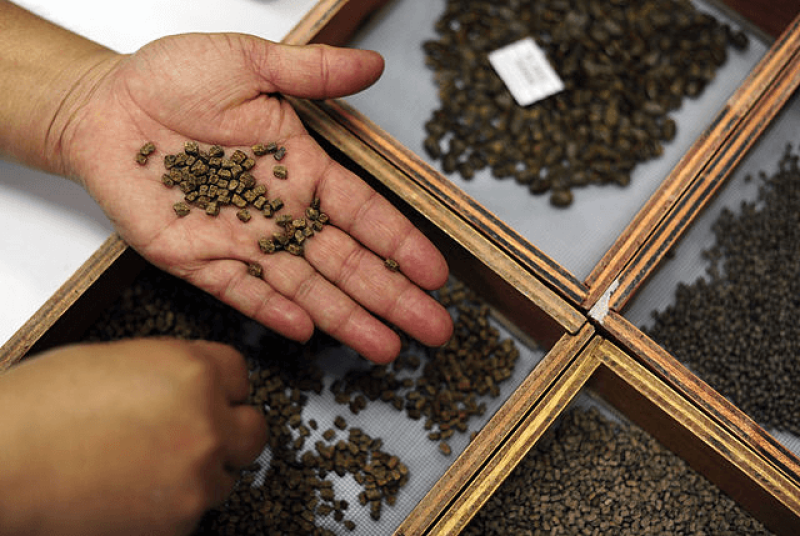“People are just beginning to learn more about not just who grows their food, but also which seeds do well as they adapt to inevitable climate changes,” said Laura Allard, operations manager at MASA Seed Foundation in Boulder.
Allard, along with Rich Pecoraro, who founded the MASA Seed Project initially and is its agricultural director, run this foundation that includes 24 acres of farmed land in east Boulder year-round. The mission of the foundation is to grow organic seeds that become part of a bio-regional seed bank.
“Our living seed bank belongs to future generations,” said Allard.
“The work being done at MASA is so important for supporting local gardens and farms,” said [Professor Nolan] Kane. “Rich and others at MASA are focused on adapting plants to our unusual local conditions and providing seeds and plants that will do well here.”
He explains that the adaptation means that the seeds are harvested only from the plants that are thriving in the dry air, strong winds, high altitude, clay soil, and other specific conditions such as resistance to local insects and diseases. “Ultimately that improves local food production, food security, and food quality, as well as improving the local agricultural economy,” Kane explained.































